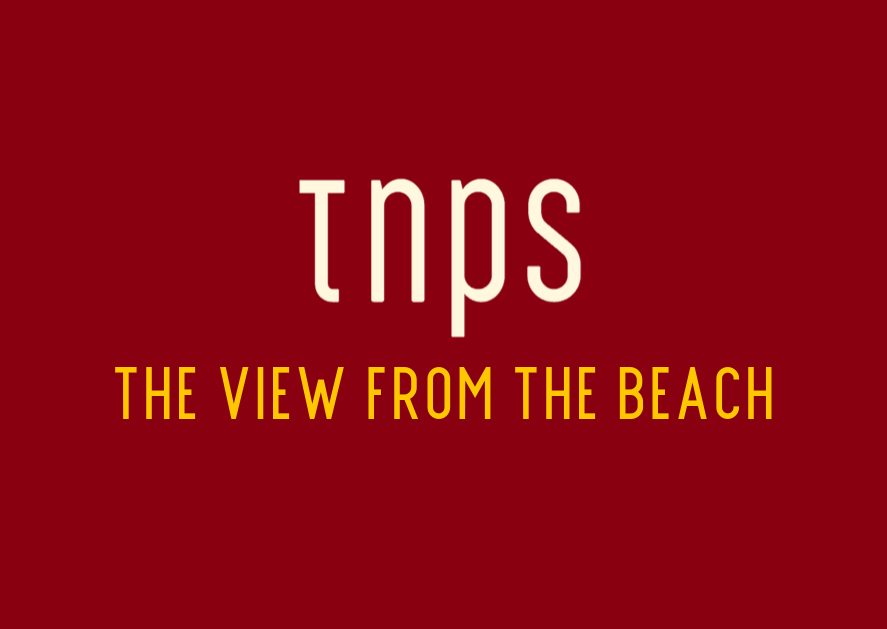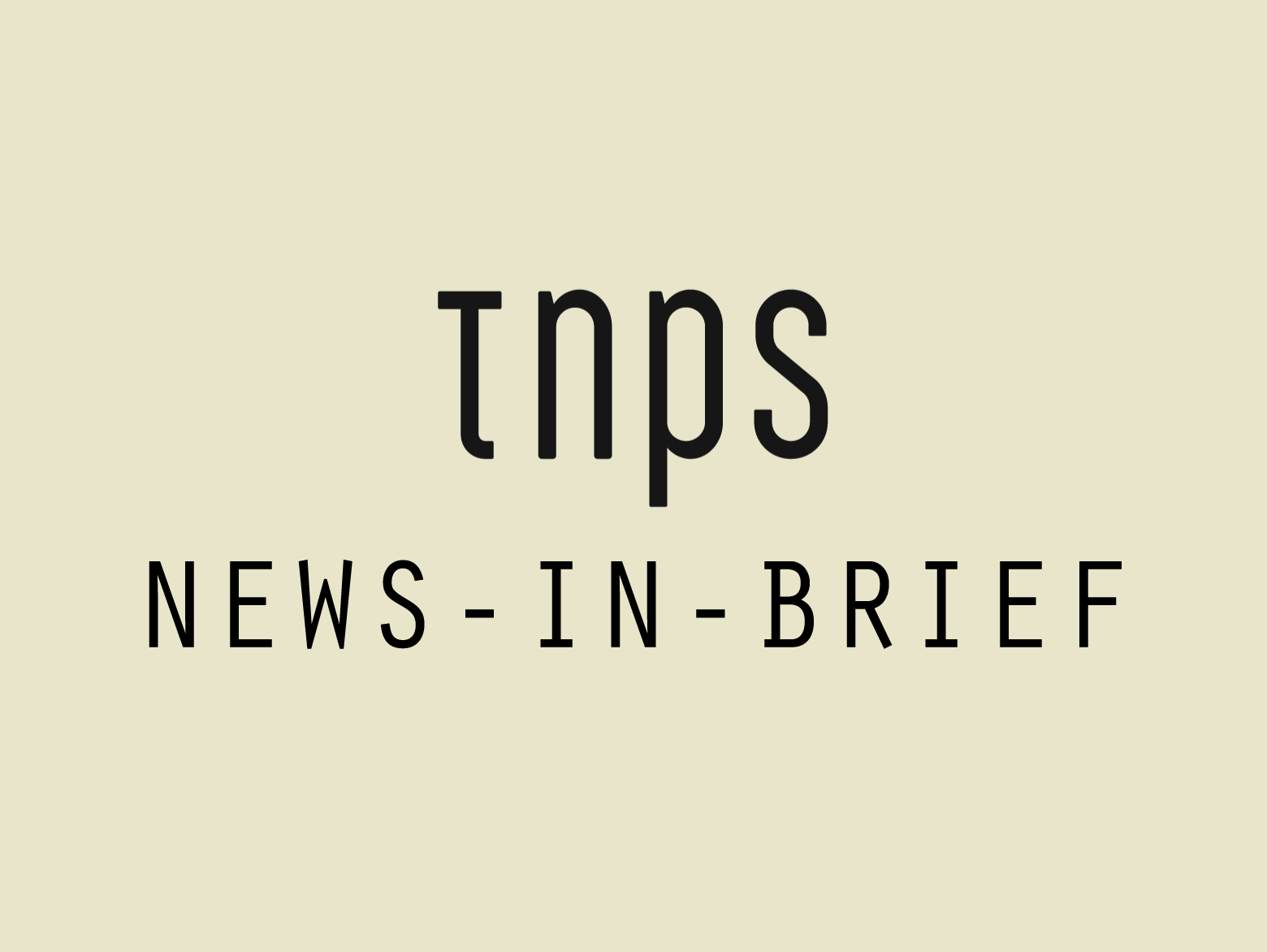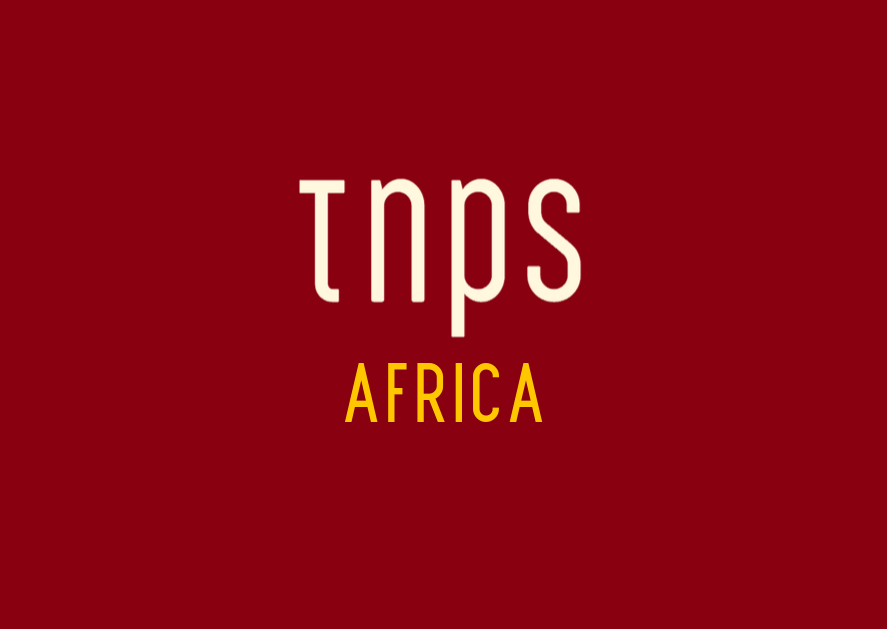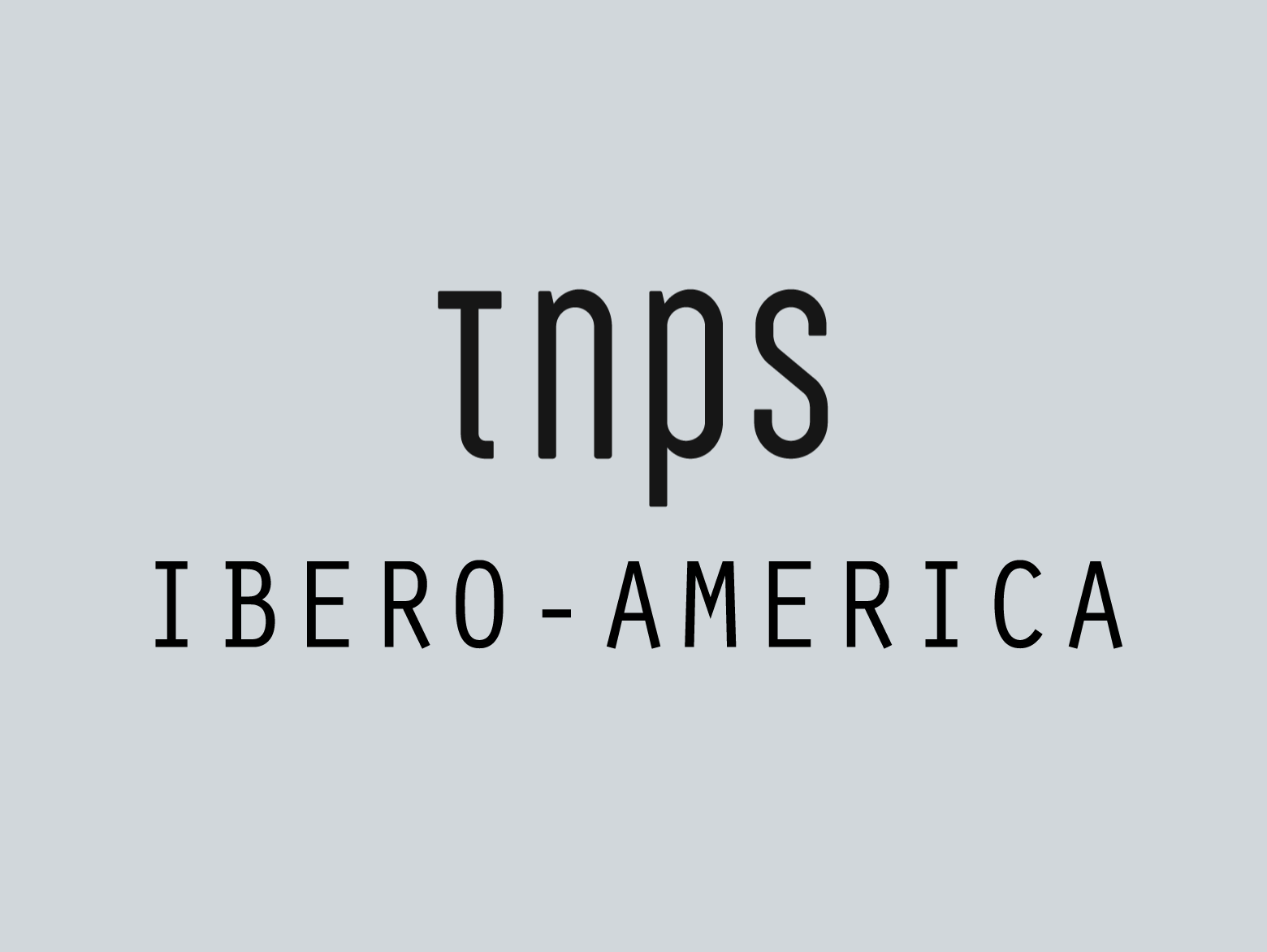The issue is not if, but when publishers embrace subscription wholesale, and which players they choose to get into bed with. These are the questions that will define this decade and the future of the industry.
Two years after the headline $58 million investment in US-based subscription books platform Scribd, rumours that Scribd may seek an IPO as soon as end-2021 reveal a valuation of only $1 billion, only doubling its 2019 valuation of $450 million.
Over at the Swedish book-trade journal Boktugg Sölve Dahlgren makes the point that Storytel is valued at $1.6 billion.
Storytel of course operates out of Sweden and has no presence in the US and other English-speaking markets, despite carrying an impressive English-language catalogue.
Scribd, by contrast, is the second largest digital books unlimited subscription platform in the US after Amazon’s Kindle Unlimited, with dedicated platforms for Mexico and Australia (Storytel competes in Mexico).
Scribd is known to have at least one million subscribers (compared to 1.6 million for Storytel) and with a US base might be expected to be outperforming Storytel, but publisher resistance continues to stifle Scribd’s potential.
The rumoured IPO, as reported by Bloomberg, is one option Scribd is said to be looking at. Another being a “merger with a blank-check company”.
Scribd CEO Trip Adler issued a clear non-denial. Per Bloomberg:
We do not have a comment about an IPO, but I can tell you that we continue to assess the best path forward for the Scribd business and its shareholders.
So not if but when.
But for Adler, be it an IPO or a “blank cheque company” merger, the big challenge is identifying overseas markets where Scribd can make a move.
Publisher resistance to subscription will continue in the core western markets just so long as publishers cling to their historical roots and see bookstores as indispensable and in need of protection.
Up until early 2020 that position made sense. Western publishers had long since took the decision to protect print by artificially distorting the ebook market with high prices despite lower production and distribution costs, foregoing digital profits to keep print strong, because of Amazon’s dominance of the digital markets.
But then the Pandemic arrived, and Pandemic Y1 turned publish-think on its head.
Blind-panic as bookstores closed and publishers envisaged economic catastrophe turned to bemused wonder and then delight as book sales soared, with online sales and digital books not just pacing the lost sales and revenues from bookstore but far exceeding them, with publishers and even entire markets declaring 2020 their best year ever.
Bookstores weren’t indispensable after all. At least, not in the traditional sense.
But of course more online sales and more digital book sales still meant Amazon called the shots, and bookstores remain publishing’s bulwark against the Everything Store.
Meaning Scribd, despite proving its worth during the pandemic and playing a key role in keeping publisher profits rolling in, will get no favours in return.
For publishers in the Anglophone markets especially, supporting subscription means undercutting the bookstore infrastructure that remains their last stand against Amazon.
While publishers in other countries reap the benefits of subscription and reach new audiences, with operators like Storytel, BookBeat and Nextory riding high on the crest of the subscription wave, Scribd faces more of the same.
Resistance, resistance and more resistance from western publishing that will be forever paying the price for its myopic handing Amazon dominance of the digital books markets at home.
Yet as explored in past TNPS coverage –
the potential is there, if only western publishing would face up to its only alternative to Amazon’s domination – to embrace the subscription model that exists outside of Amazon.
From TNPS in April:
The issue is not if, but when publishers embrace subscription wholesale, and which players they choose to get into bed with. These are the questions that will define this decade and the future of the industry.





